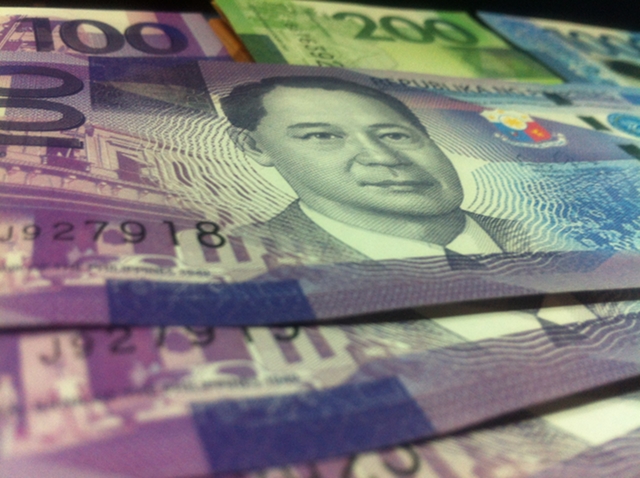SUMMARY
This is AI generated summarization, which may have errors. For context, always refer to the full article.
MANILA, Philippines – The policy making body of the Bangko Sentral ng Pilipinas (BSP) cut interest rates for the first time since July 2009.
The Monetary Board, which met for the first time this year on Thursday, January 19, cut the overnight borrowing rate by 0.25 percentage points to 4.25%.
Low interest rates are meant to spur economic growth by encouraging businesses to borrow for their expansion needs, and for citizens to invest in capital assets, including cars and real estate properties.
Local real estate companies have been bullish in the recent years as buyers continue to snap residential units and office spaces for outsourcing businesses.
Vehicle sales increased by 4% in 2011 despite supply disruptions due to Thailand floods and Japan earthquake.
Inflation
Benign inflation outlook was considered by the Monetary Board when it decided to reduce interest rates.
“The Monetary Board has concluded that the benign inflation outlook allowed some scope for a reduction in policy rates to help boost economic activity and support market confidence,” the BSP said in a statement.
In 2011, inflation, or the cost of goods and services, stood at 4.8%, higher than the 3.8% in 2010, largely due to food prices spike.
Policy makers watch inflation since a low interest rates tend to make money easier and borrowing cheaper, thus there are more money in an economy. As a textbook altruism, people tend to spend more when an economy is awash with money, in effect driving up the cost of goods and services.
Growth
Inflation, on the other hand, is the natural byproduct of a robust, growing economy. When consumers spend more, the economy grows, naturally creating inflation.
The Philippine economy has slowed to 3.2% in the third quarter of 2011 from over 7% in the same period in 2010. The slowdown was attributed not only to government underspending and delay in infrastructure investments but also to the impact of the economic crisis in rich countries on the Philippines’ trade and investment performance.
The BSP said the Philippine economy in 2012 will be buoyed by domestic spending, fueled largely by remittances from overseas Filipino workers (OFW). Spending is also expected to compensate for weaker external demand, as reflected in dips in exports.
The BSP also said it will continue to monitor the impact of geopolitical tensions in the Middle East and North Africa, as well as concerns on global oil supplies.
– Rappler.com
Add a comment
How does this make you feel?

There are no comments yet. Add your comment to start the conversation.